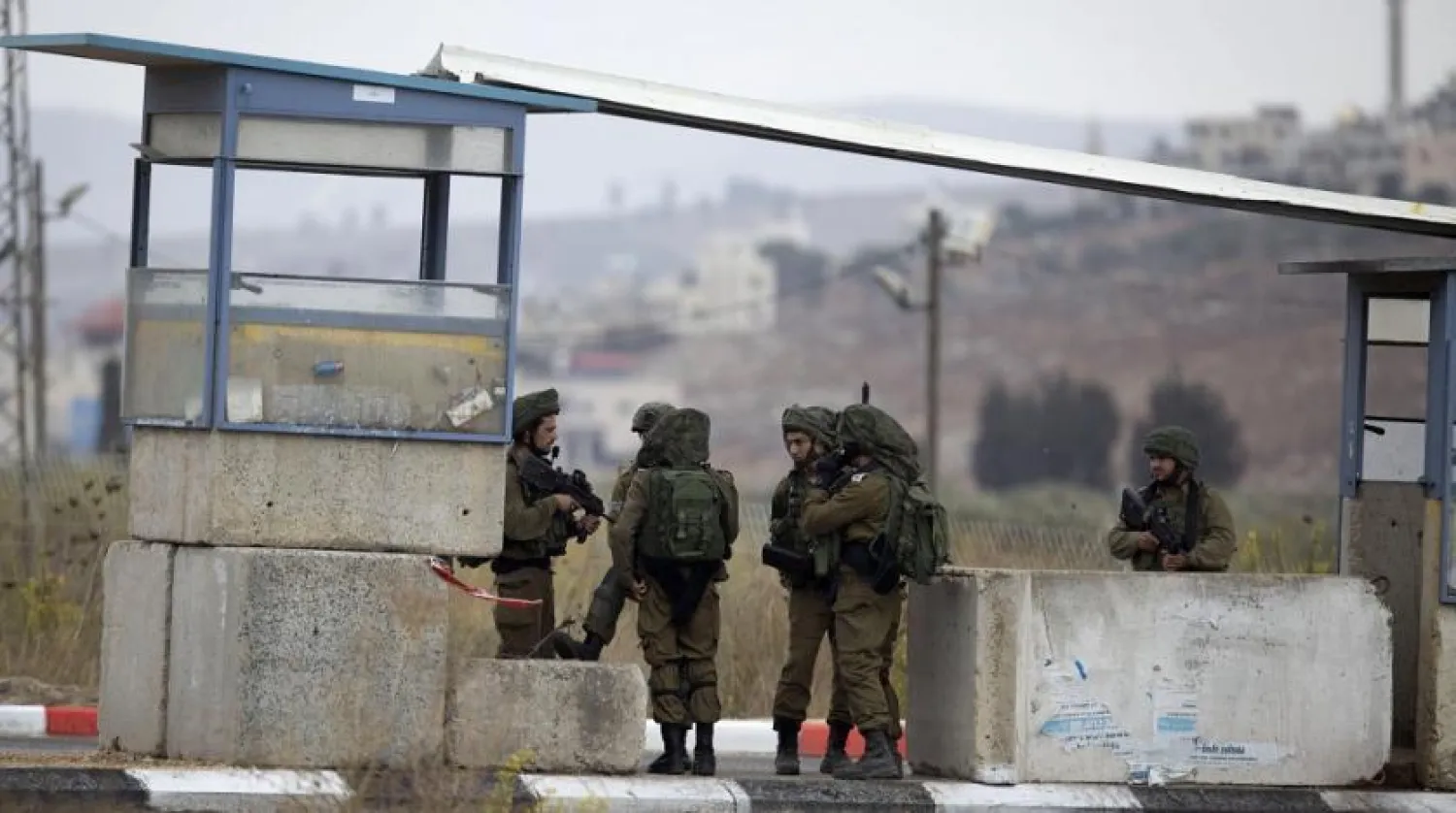Israeli forces fatally shot a Palestinian teenager in a raid in the occupied West Bank on Monday, the Palestinian Health Ministry said, part of a relentless wave of violence that has rocked the region for the last year.
There was no immediate comment from the Israeli military, which has been staging near-nightly raids in West Bank cities, towns and villages in what it says is an attempt to stamp out militancy. Dozens of Palestinians have been killed by Israeli fire this year and 19 people have been killed in Palestinian attacks against Israelis during that time.
The Palestinian Health Ministry identified the teen as Jibril al-Laada, 17. It said three others were seriously wounded in the fighting, which took place in the Aqabat Jabr refugee camp near the West Bank city of Jericho. The camp has been a frequent target of Israeli raids, The Associated Press said.
Israel launched the raids after a spate of Palestinian attacks last spring. That set off some of the worst fighting between Israel and Palestinians in the West Bank in years and while Israel says the raids are meant to thwart future attacks, violence against Israelis does not appear to be slowing.
Nearly 150 Palestinians were killed in the West Bank and east Jerusalem last year, making 2022 the deadliest year in those areas since 2004, according to leading Israeli rights group B'Tselem. Casualties have spiked this year, with 98 Palestinians killed by Israeli fire, according to a tally by The Associated Press.
Israel says most of those killed have been armed fighters, but youths protesting the incursions have also been killed as have people not involved in the confrontations.
The Palestinians see the raids as a further entrenchment of Israel's 56-year, open-ended occupation. The Palestinians seek the West Bank, the Gaza Strip and east Jerusalem for their hoped-for independent state. Israel captured those territories in the 1967 Mideast war.









